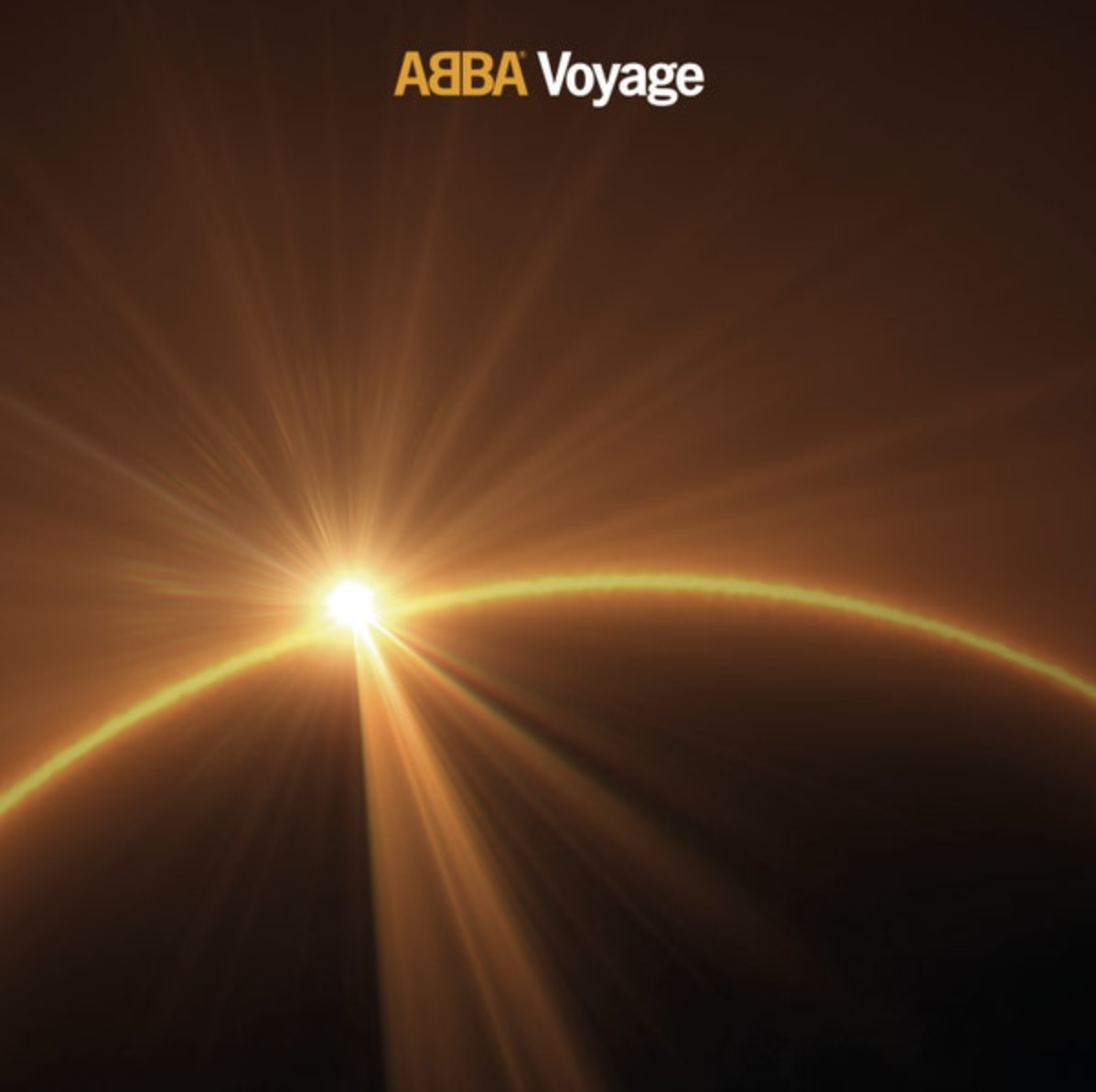There is no sound more special to me than the effervescent sweep of piano keys that marks the beginning of Dancing Queen. Growing up, I was convinced that I would never hear anything more magical, more euphoric or more transporting than ABBA’s discography. I was not wrong.
To me, ABBA is more than just a band that took the world by storm after their debut in Eurovision in the mid-seventies. ABBA means lazy weekends with my dad. It means sparkling karaoke night-outs with my friends. It means freedom to dance like nobody’s watching. ABBA is an invitation to the world of multicolor disco beams.
Benny Andersson, Anni-Frid Lyngstad, Agnetha Fältskog, Björn Ulvaeus
So, you can imagine the utter astonishment that struck me when it was announced on Twitter that 40 years later, ABBA was making a comeback. Voyage, a 10-track album, was released on November 5 2021, making it their ninth studio album. I was skeptical at first. What was the need for a band as successful as ABBA to take such a big chance with their legacy? It seemed unnecessary. But in all honesty, ABBA could return with a song as perfect as The Winner Takes It All and it still wouldn’t resonate with fans in the way the songs on ABBA Gold does. The stakes are too impossibly high.
Benny Andersson and Björn Ulvaeus, the legends behind the writing and production of ABBA, address this in an interview with The New York Times. Andersson says: “What is there to prove? They’ll still play Dancing Queen next year.” The pair goes on to explain how they felt no pressure to reunite. It was just something the two and singers Agnetha Fältskog and Anni-Frid Lyngstad spontaneously decided to do when they realized how much they missed creating music together.
Voyage was intended to be recorded “trend-blind”, and that is evident. It sounds like they never left! Ulvaeus explains how “In contemporary stuff, there’s nothing to feel I could hang on to, nothing I could emulate. We decided early on that we’re not going to look at anything else. We’re just going to do the songs, the best songs we can right now. That meant writing lyrics I could get some of my thoughts of these past 40 years into, and add some kind of depth that, hopefully, comes with age and that makes it different from the lyrics I wrote 40 years ago.”
The album’s opening track and lead single I Still Have Faith In You gives us a sense of what this album has to offer. The song is upbeat and catchy, but Lyngstad’s aged, slightly weary vocals give the songs a more bittersweet feel. The track, which centers on friendship that has matured through heartbreak, starts off slow-paced and dreamy, and gradually progresses into something more loud and vivacious. She sings warmly: “We do have it in us / New spirit has arrived / The joy and the sorrow / We have a story / And it survived“.
Don’t Shut Me Down, the other dual single alongside I Still Have Faith in You, features lead vocals from Fältskog and is one of the most critically acclaimed off the album. Its cheery and light-hearted melody beautifully combines with its meaningful lyrics. It follows the story of a woman confronting her partner. She says: “And now you see another me, I’ve been reloaded, yeah / I’m fired up, don’t shut me down”. It’s fun, free but a tad bit forgettable.
Just a Notion and No Doubt About It were arguably the strongest off the album. They embodied the classic, unapologetically ABBA sound that I had no idea I had been so desperately craving. So it came as no surprise to me when I found out Just a Notion was actually an unreleased record that was initially recorded in September 1978 for their album Voulez-Vous. It’s fast-paced and buoyant, completed with Lyngstad and Fältskog’s signature jarring vocal delivery. The songs are elevated by Andersson’s generous and powerful use of piano and synthesizers. Keep an Eye on Dan is the epitome of a fun pop song, ending with a piano bit that references SOS. I noticed Bumblebee bore a slight resemblance to Fernando.
Though there isn’t an objectively bad song on Voyage, there were a few tracks I found slightly underwhelming. When You Danced With Me was too blatantly Celtic-themed for my taste. Little Things, with its Christmas-y sound and children’s choir, feels out of place and overflowed into overly-cheesy territory. And thirdly, I Can Be That Woman’s strange family drama lyric could have been saved by a catchy tune, but unfortunately it was not.
The album concludes on a strong note with Ode to Freedom. The goosebump-inducing orchestral piece reinforces the theme of the passage of time. The voices, older and mature but not lacking in passion and emotion, further reinforce that theme. It’s majestic and nostalgic, somber but hopeful.
Chantel Mager (V), co-leader of the Music Appreciation Club explained how she enjoyed listening to the album but “honestly, their comeback was more noteworthy than the music itself.”
Overall, I enjoyed Voyage. It is a more mature album without the disco appeal of ABBA’s greatest hits. Is it life-changing? Definitely not. However, we still do have the old albums to treasure. It may not be something I’ll find myself continuing to fall back to, but it does brilliantly showcase the Swedish group’s talent while remaining true to self. While it’s hard to deny that the album doesn’t capitalize on nostalgia, I do believe it proved to be worth the wait. It’s no wonder Voyage has already gone Platinum.







Love it!!! Now I know which songs to listen to.